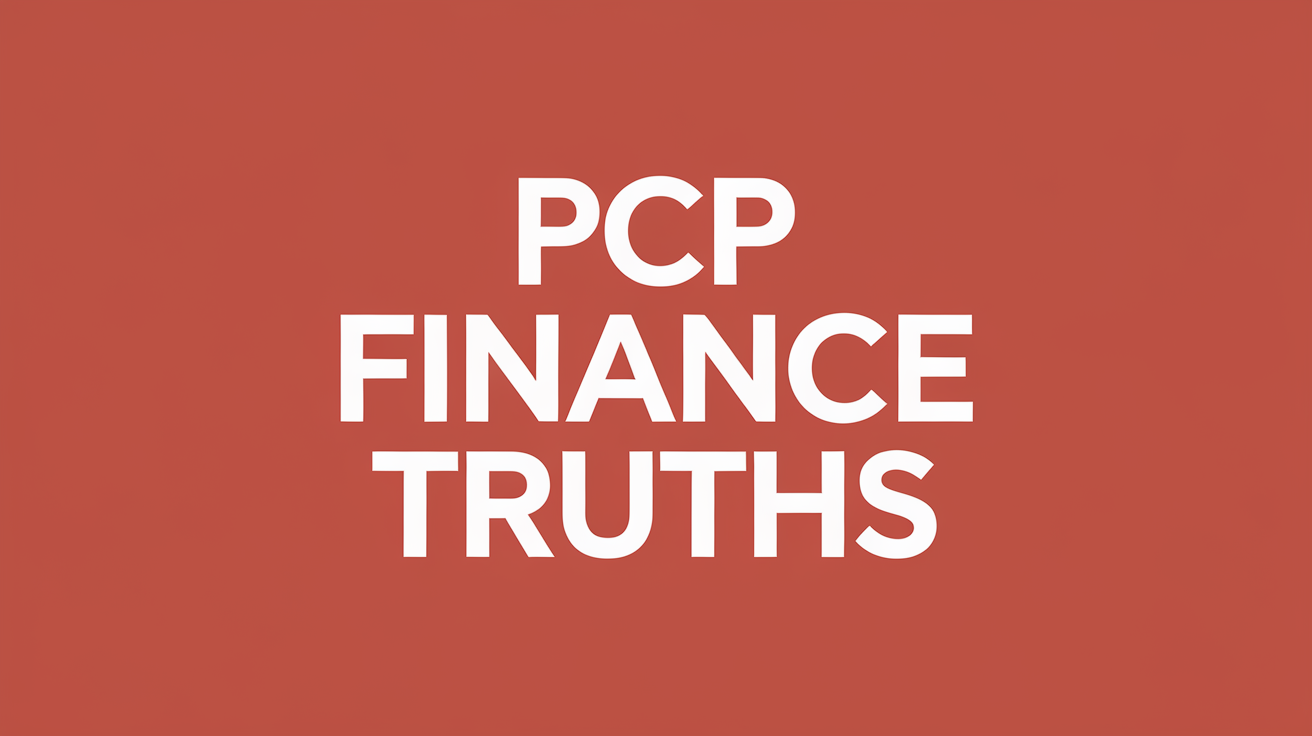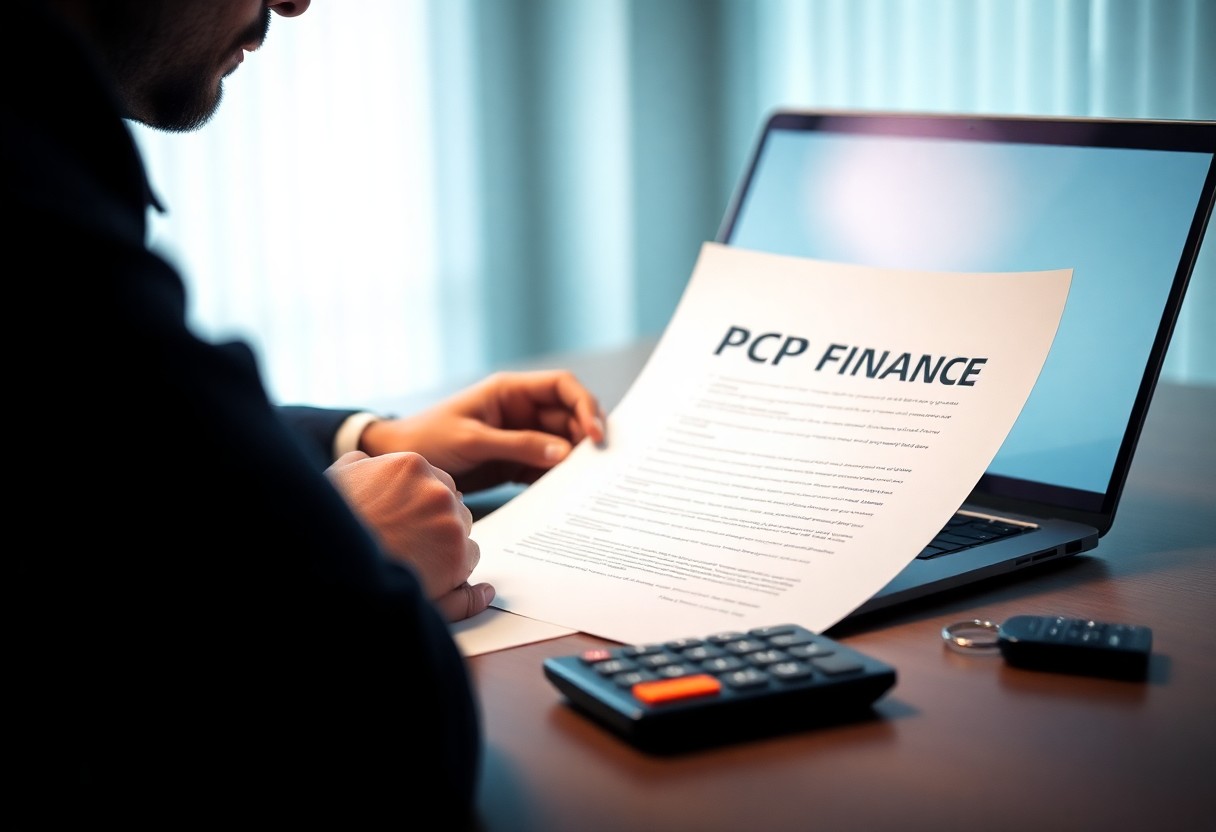Refunds are unlikely from an insolvent lender because, once a lender has gone bust, you can no longer pursue claims directly against them. Your contract with the lender effectively loses its practical enforcement route, so direct recovery from that firm is generally not possible.
You may still be able to pursue the dealer or broker who arranged the finance for you. If the dealer or broker gave misleading information, failed to disclose important terms, mis-sold the finance, or acted negligently when arranging your PCP, they could be held responsible. That means you might have a route to compensation even though the original lender is insolvent.
Start by gathering all paperwork: the finance agreement, sale invoice, brochures or adverts, emails, text messages and any notes of conversations. These documents will help show what you were told and what you agreed to. Keep a clear timeline of events and any payments you made.
Contact the dealer or broker in writing to set out your complaint and what outcome you seek. If the dealer or broker is part of a larger group or a franchised network, note that responsibility can sometimes sit with the main dealer rather than an individual franchisee. If you receive a refusal or an inadequate response, preserve that correspondence for any further action.
Act promptly, as legal time limits and procedural steps can affect your options. Our specialist lawyers can advise you further on this. They can assess whether you have a viable claim against the dealer or broker, explain likely costs and chances of success, and help you pursue court action or alternative dispute resolution if appropriate.
In short: you cannot normally claim against a lender that has gone bust, but you should explore claims against the party that arranged the finance. Collect evidence, contact the dealer or broker, and obtain specialist legal advice to understand your best route to a refund or compensation.









